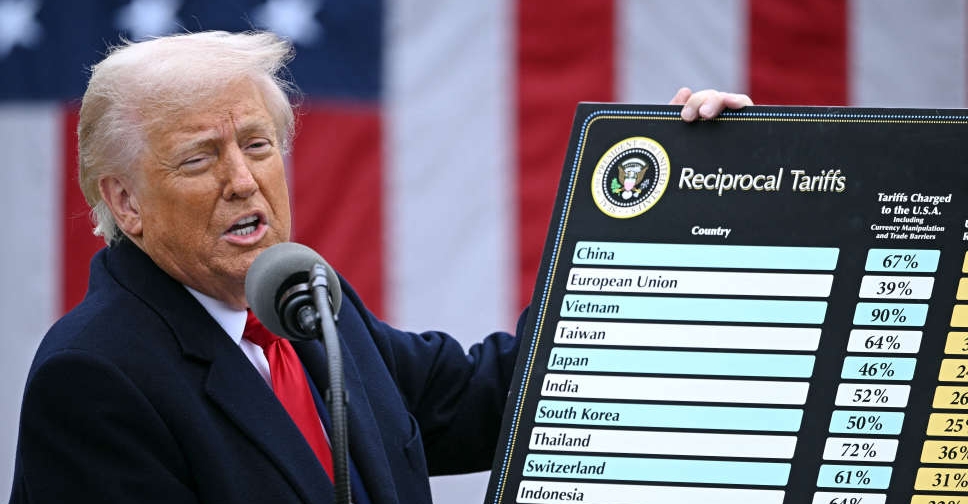
Saudi Arabia and Russia, the world's biggest oil exporters, deepened oil cuts on Monday, sending prices higher despite concerns over a global economic slowdown and possible further interest rate hikes from the US Federal Reserve.
Saudi Arabia said it would extend its voluntary oil output cut of one million barrels per day (bpd) for another month to include August, adding that the cut could be extended beyond that month.
Shortly after the Saudi announcement, Russian Deputy Prime Minister Alexander Novak said Moscow would cut its oil exports by 500,000 barrels per day in August.
The cuts amount to 1.5 per cent of global supply and bring the total pledged by OPEC+ to 5.16 million bpd.
OPEC+ already has in place cuts of 3.66 million bpd, amounting to 3.6 per cent of global demand, including 2 million bpd agreed last year and voluntary cuts of 1.66 million bpd agreed in April and extended to December 2024.
Oil prices rose on news of the cuts, with Brent up 89 cents to $76.30 a barrel by 0950 GMT.
OPEC+, which groups the Organization of the Petroleum Exporting Countries (OPEC) and allies led by Russia, pumps around 40 per cent of the world's crude.
The alliance has been cutting supply to lift up prices since November last year due to weaker Chinese demand and rising US supply but so far has failed to move them much from the range of $70-$80 a barrel.
"The kingdom's production for the month of August 2023 will be approximately 9 million barrels per day," Saudi state news agency SPA quoted an official source from the Ministry of Energy as saying.
Saudi Arabia, the de-facto leader of OPEC, had pledged earlier this month to make a deep cut to its output in July, on top of the broader OPEC+ deal to limit supply into 2024 as the group sought to boost flagging oil prices.
"This additional voluntary cut comes to reinforce the precautionary efforts made by OPEC+ countries with the aim of supporting the stability and balance of oil markets," the SPA official source was quoted as saying.
Russia, the world's second largest oil exporter after Saudi Arabia, has already pledged to reduce its output by 500,000 barrels per day (bpd) to 9.5 million bpd from March until year-end.




 Trump to impose 10% tariff on UAE, Saudi Arabia imports
Trump to impose 10% tariff on UAE, Saudi Arabia imports
 UAE tops global entrepreneurship rankings for 4th straight year
UAE tops global entrepreneurship rankings for 4th straight year
 Emirates launches express delivery service
Emirates launches express delivery service
 DEWA reduces CO2 emissions with increased electricity, water efficiency
DEWA reduces CO2 emissions with increased electricity, water efficiency



